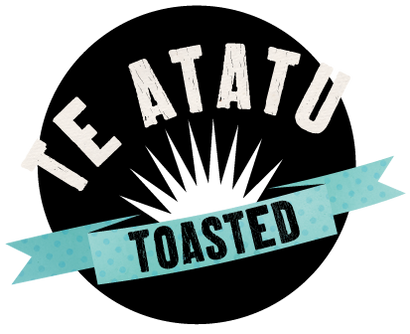Your Cart is Empty

Cutting out high-FODMAP foods? Try these tips
September 06, 2022
Naturopath and medical herbalist Jane McClurg from Blend Wellness says a low-FODMAP diet can be beneficial for people with Irritable Bowel Syndrome (IBS) and other gut issues – find out more here. But changing the way you eat can be challenging so we asked Jane for tips to make life easier when you are in the phase of eliminating high-FODMAP foods to test what you can and can’t tolerate.
What’s your advice to make it easier to convert to a low-FODMAP diet?
Downloading the Monash University FODMAP app is really helpful to decide when you’re out and about which foods you can eat or in what dose. You can quickly check foods to see their FODMAP levels. It also gives you access to a library of low-FODMAP recipes for meals and snacks.
Print out a list of foods you CAN have and shop with that rather than focusing on what you can’t have and feeling deprived.
Clear out high-FODMAP foods from your fridge and pantry as best you can. If you share your home with family or flatmates, you might not be able to get rid of all high-FODMAP foods, but have a dedicated shelf for the foods you can eat to make meal preparation easier.
Make a meal plan for the week and get into the practice of batch cooking meals that are suitable to freeze so you always have a back-up dinner or lunch in the freezer.
Talk to your loved ones so they understand why you’re changing your diet for a time and how it will impact your wellbeing. Having their support will mean the transition will be easier.
What about eating out?
Eating at restaurants or cafes, or even at someone else’s home, can be challenging when you are following a restricted diet. Here are a few tips to make it easier:
- Offer to choose the venue – that way you can check out the menu online to make sure there are eating options that will be safe for you or call ahead to talk to the restaurant staff to discuss if meals can be altered to be low-FODMAP friendly.
- Ask for your worst trigger foods to be excluded from your meal if possible.
- A protein-based meal with a side of veges is often a good low-FODMAP option.
- Consider taking your own food – this is a really good idea when going to entertainment venues such as concerts or the zoo that need to feed large numbers of people and struggle to cater for special diets. It can also make life easier for someone hosting you in their own home who may get flustered by having to create a low-FODMAP meal.
- Eat before you go out so that if there are limited low-FODMAP options you won’t starve. It also means you might be able to eat something small that does contain FODMAPs without suffering too many symptoms
Being prepared reduces the stress of eating out which in turn can help your health - high stress exacerbates IBS symptoms.
Jane is a New Zealand based degree-qualified naturopath and medical herbalist who specialises in helping busy women conquer their abdominal discomfort and get comfortable again in their own bodies. Find out more about her work atwww.blendwellness.co.nz/
